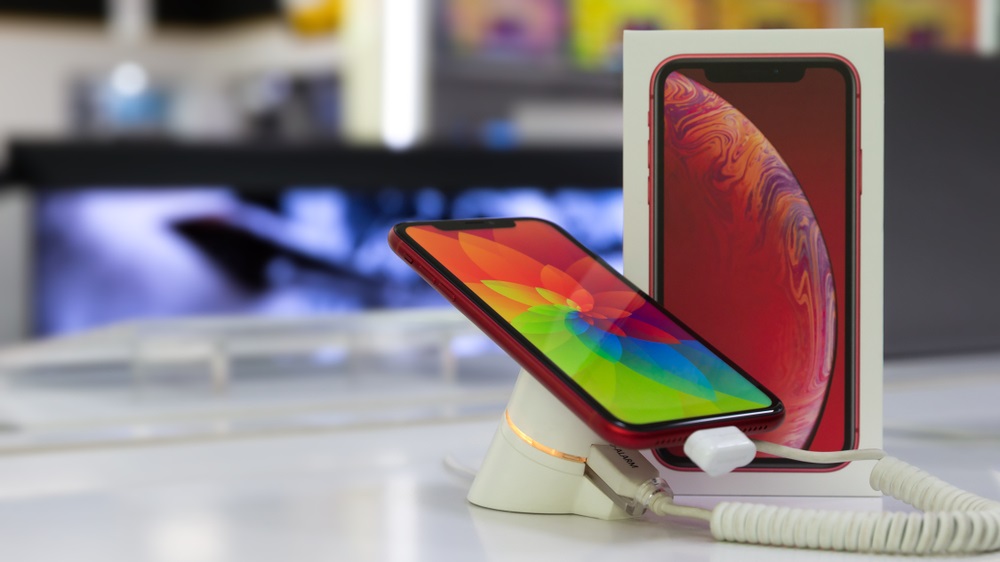iPhone and iPad users warned not to download Apple's iOS 12.4 update
Old vulnerability resurfaces in Apple's latest update

Sign up to receive the latest news, reviews, buying guides and deals direct to your inbox
You are now subscribed
Your newsletter sign-up was successful
Apple's iOS 12.4 update is in the spotlight for all the wrong reasons, after it was discovered that the release reopens a serious vulnerability that was patched in iOS 12.3.
As first reported by Motherboard, the bug means that iOS 12.4 is the first version of the software that can be readily jailbroken in years – but it also makes the new version of Apple's mobile OS particularly susceptible to digital nasties.
Spyware – a type of malware that infiltrates a device without the user's knowledge and allows the hacker to steal sensitive information – was highlighted as the main concern, with one security boffin telling the Vice website that "any up to date iPhone" could be hacked remotely through Safari.
However, reports also suggest that the jailbreak won't work on newer iDevices, namely those equipped with Apple's latest A12 processor. That means that the iPhone XS, iPhone XS Max, iPhone XR, new iPad Mini (2019) and new iPad Air (2019) all still can't be jailbroken.
What to do if you've already updated to iOS 12.4
First of all, don't panic.
In all likelihood, Apple will have the iOS 12.4 bug patched before you know it and most users will be unaffected by the reopened vulnerability.
In the meantime, the best thing you can do is to take extra care when downloading apps, making sure any you do install come from trustworthy sources.
Sign up to receive the latest news, reviews, buying guides and deals direct to your inbox
If you want to be extra careful, you could also consider fortifying your device with some antivirus software. Most of today's best antivirus software options feature a mobile counterpart to help you secure your smartphone or tablet.
Unfortunately, there's no simple way to 'roll back' an iOS update, so retrograding to iOS 12.3 isn't an option we'd recommend.
Secondly and perhaps most importantly, don't be tempted to check out the iOS 12.4 jailbreak.
While the release to GitHub by 'Pwn20wnd' is an iOS milestone of sorts, it's not one most people should be flirting with unless they don't mind running the risk of ruining their iPhone for good.
No matter how advanced a user you are, we wouldn't recommend jailbreaking to anyone, as doing so voids your warranty and any form of extended coverage you might have on your iOS device – as well as leaving you vulnerable to all kinds of malware that can steal your data as well as causing your cell or tablet to malfunction.
A technology journalist with nearly 10 years of experience, James is the former News and Features Editor at Trusted Reviews, and has also served as regional Editor of Lifehacker. His articles have been spotted on sites ranging from The Sun to InStyle, but his true love is shiny things and the story behind them. An avid golfer in his spare time, you'll also regularly catch him hovering over the BBQ listening to Pearl Jam.

